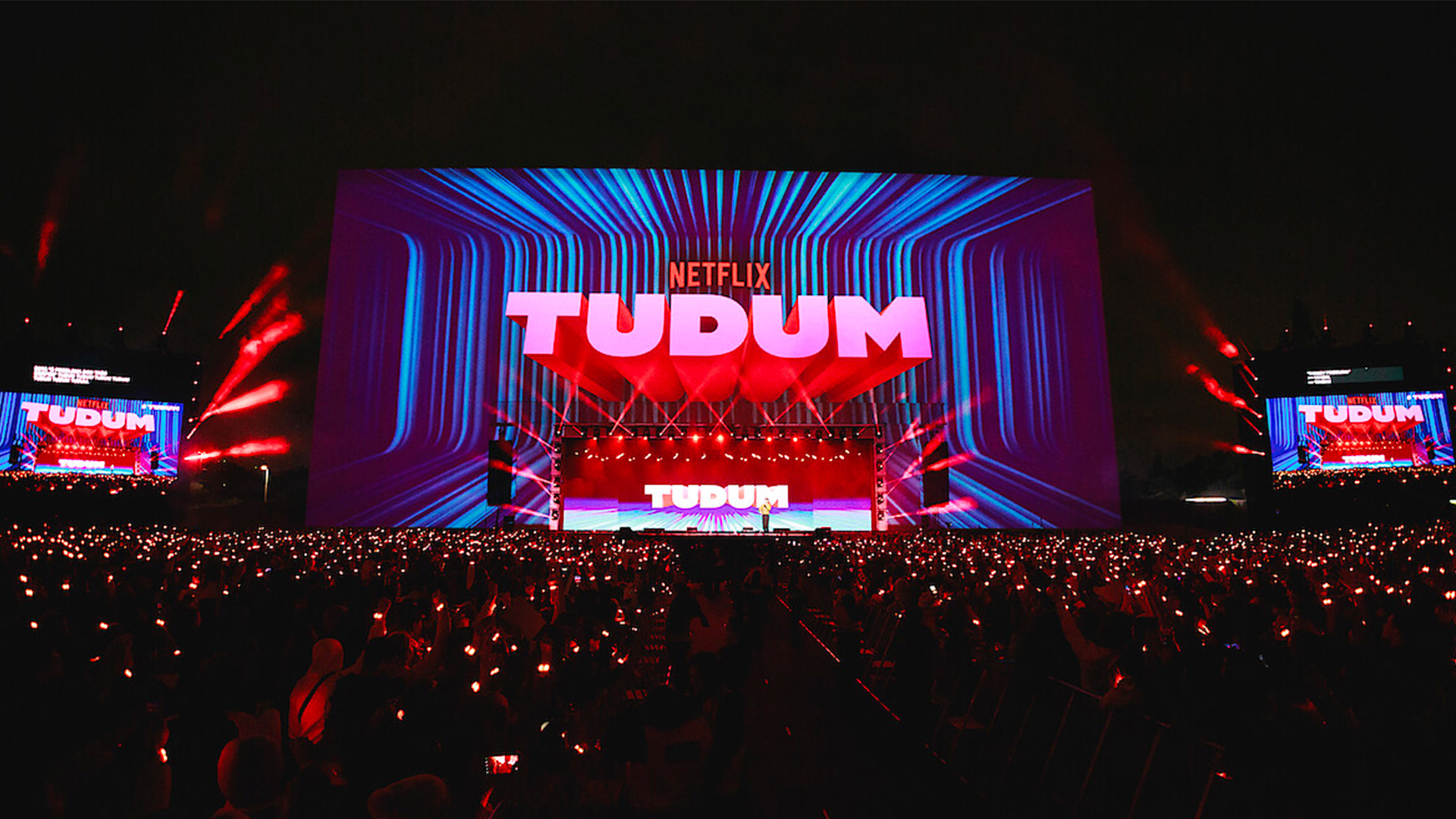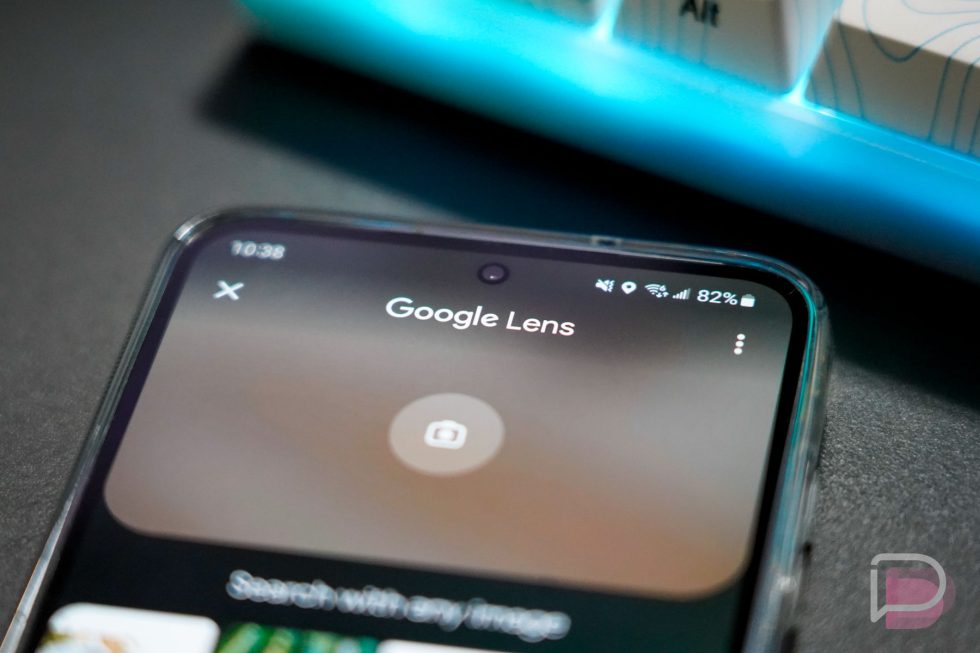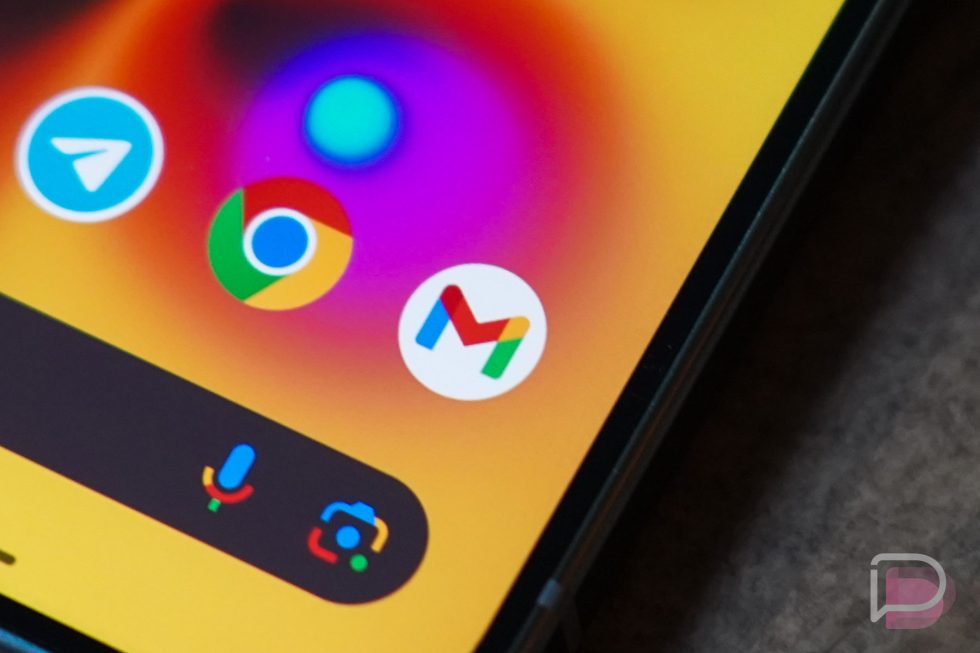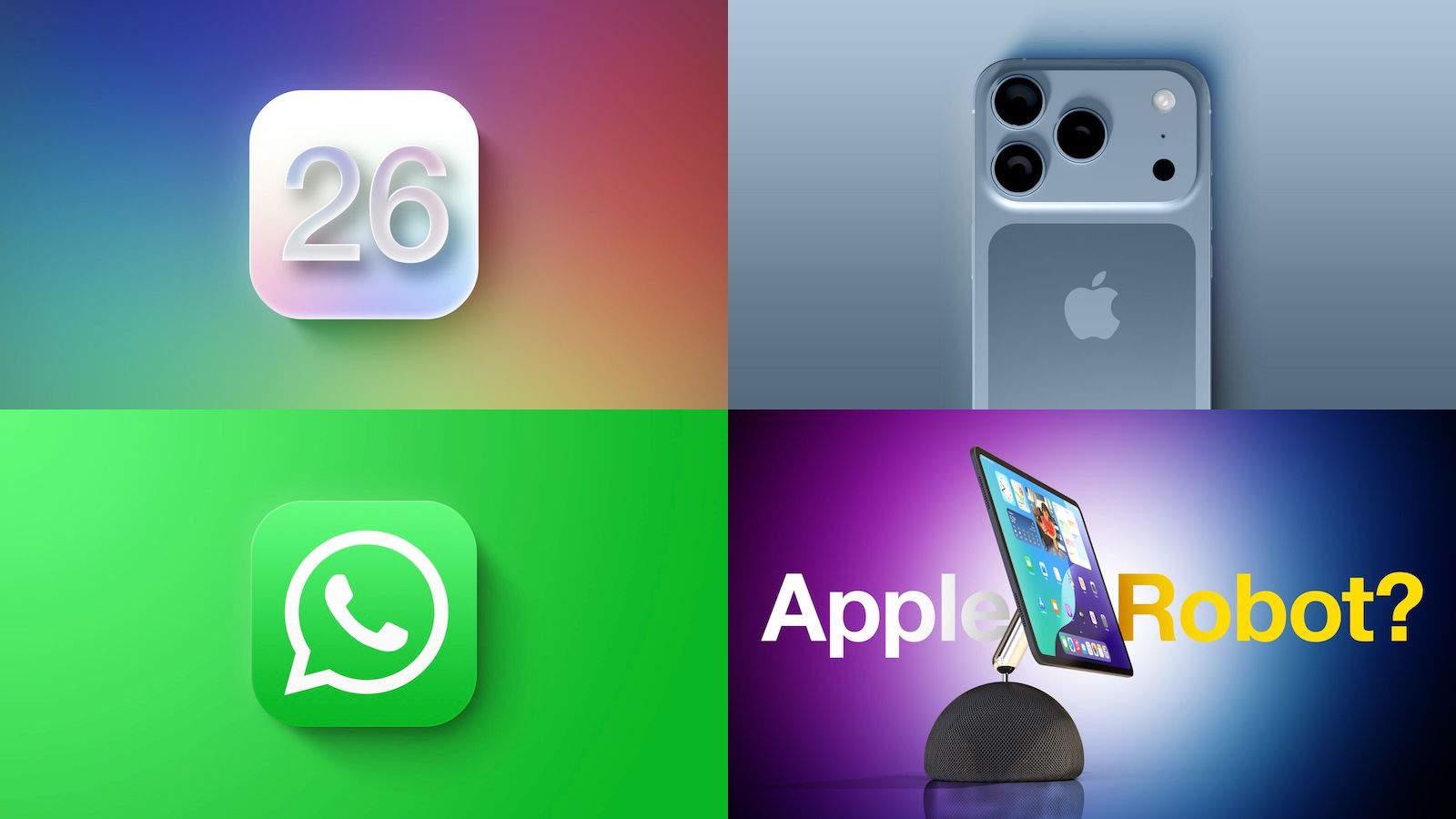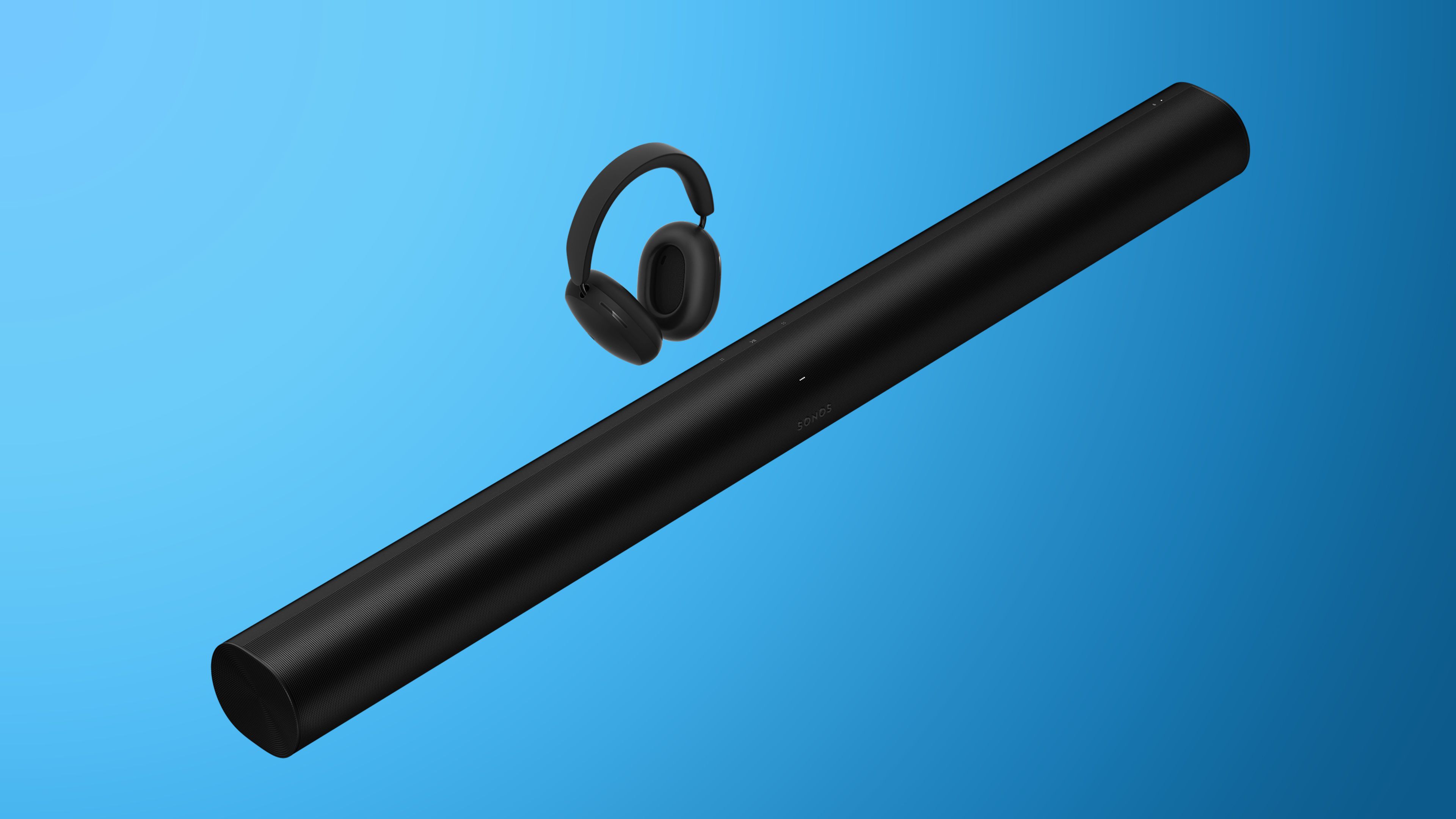Google Co-Founder: AI Can Synthesize 1,000s of Search Results for You
The post Google Co-Founder: AI Can Synthesize 1,000s of Search Results for You appeared first on Android Headlines.


In its early days and for many years, Google’s operation remained fairly simple. You typed a query, hit enter, and got a list of links. Your job was then to click through, sift, and piece together the answer. Well, get ready for a future where searching does a whole lot more of that heavy lifting for you, thanks to the power of artificial intelligence. According to Google co-founder Sergey Brin, AI is fundamentally transforming what it means to “search,” moving us beyond mere links to a world of synthesized insights.
Google co-founder Sergey Brin on how AI is transforming online search
Brin recently offered fascinating insights into how AI is supercharging search capabilities. He explained that modern AI systems are now capable of doing something truly remarkable: analyzing thousands of search results and conducting follow-up research to synthesize answers. Think about that for a moment. What would take a human days or even weeks of dedicated effort—diving deep into countless pages, cross-referencing facts, and drawing conclusions—AI can now do with staggering speed.
This isn’t just a minor upgrade; it’s a profound shift in the very nature of search. Brin’s words stated that this shift changes the fundamental nature of search. Instead of links being presented in a raw list, users will increasingly receive distilled, coherent answers that draw from a vast ocean of information. It’s about getting to the “why” and the “what it means” much faster, with the AI doing the intensive work.
Brin also highlighted a fascinating trend within machine learning itself: the convergence of algorithms. He noted that “things have been more converging. And, this is sort of broadly through across machine learning.” He continued, explaining how specialized models’ learnings are integrated into more general ones: “Now we do get a lot of oomph occasionally, we do specialized models… But we are generally able to. After we do that, take those learnings and basically put that capability into a general model.” This means the same underlying AI models are becoming adept at processing not just text, but also images, audio, and other forms of information seamlessly, paving the way for even more sophisticated interactions.
Google working on AI-powered multimodal interactions, smart glasses teased
Speaking of natural interactions, Brin touched upon Google’s exciting developments in multimodal interaction. Imagine being able to ask a question not just with your voice or text, but by showing your AI a picture or playing it a sound and having it understand the context and provide a relevant answer. He admitted that their first attempt at doing that with Google Glass was “premature,” stating, “I kind of messed that up. I’ll be honest. Got the timing totally wrong on that… the technology wasn’t ready for Google Glass. But nowadays these things I think are more sensible.” He acknowledged challenges like “battery life issues” that still need to be overcome, but his overall outlook remains optimistic for these intuitive interfaces.
Brin, ever the pragmatist, notably declined to predict the exact future of AI, understanding the rapid pace of its evolution. As he put it, “when you say 10 years though, you know a lot of people are saying, hey, the singularity is like, right, five years away. So your ability to see through that into the future, I mean, it’s very hard.” However, he did agree on one crucial point regarding current user behavior: how improved response time to voice input is changing user habits. This makes real-time verbal interaction more viable.
AI’s real value is in freeing up your time to focus on more important things
He elaborated on AI’s “superpower” in handling vast volumes of information: “To me, the exciting thing about AI… it’s pretty damn smart and can definitely surprise you. So I think of the superpower is when it can do things in the volume that I cannot… if it sucks down the top, you know thousand results and then does follow-on searches for each of those and reads them deeply, like that’s, you know, a week of work for me like I can’t do that.”
In essence, Sergey Brin paints a clear picture of a search future that is less about navigation and more about deep comprehension. It’s a world where AI doesn’t just point us to information. Next-gen searches will actively process, understand, and deliver insights. This will free us to focus on deeper understanding and creativity. The days of endless link-clicking might just be fading into the past thanks to how AI is transforming online search.
The post Google Co-Founder: AI Can Synthesize 1,000s of Search Results for You appeared first on Android Headlines.





















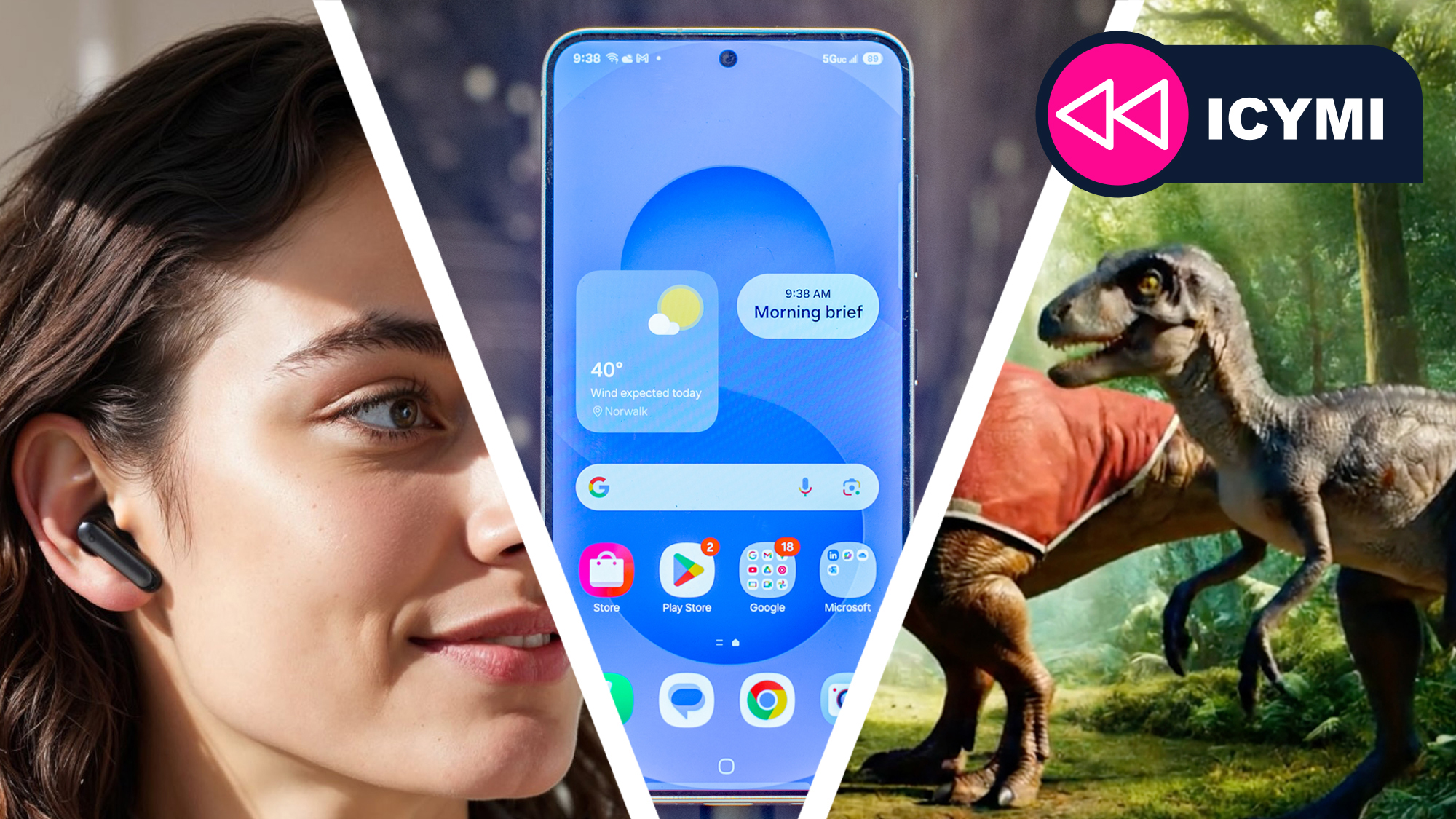






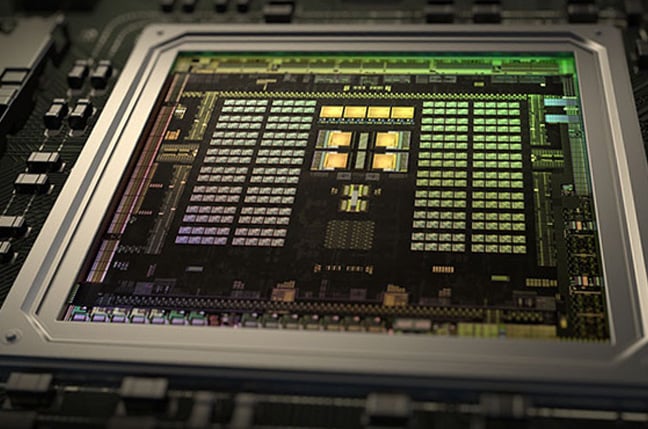





































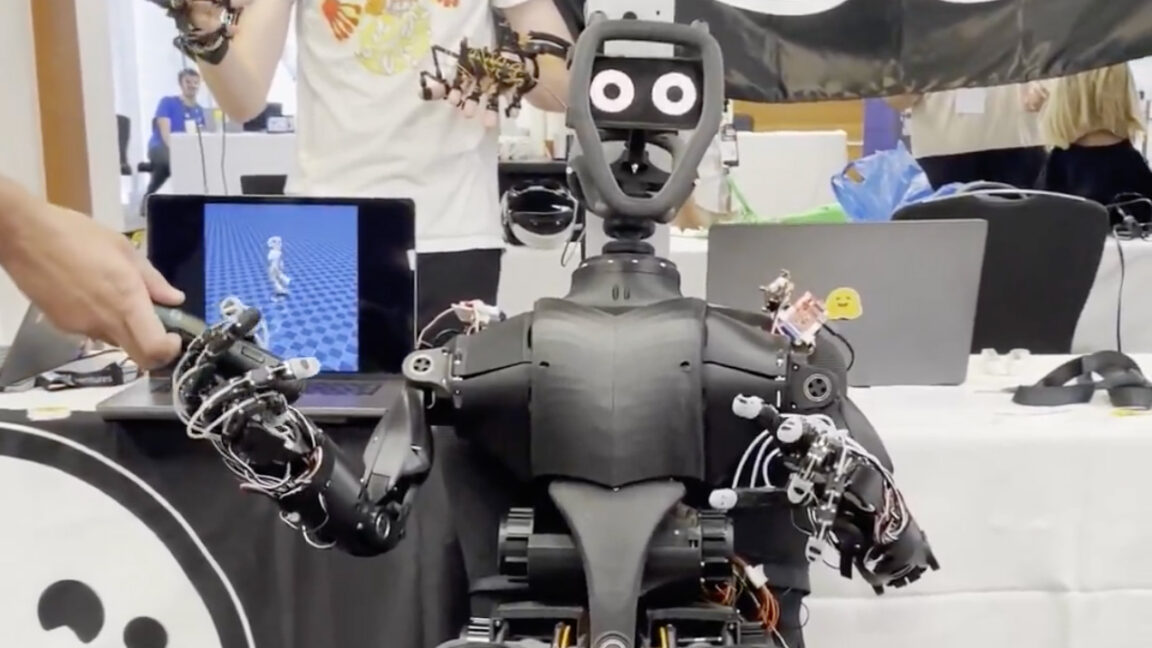

















































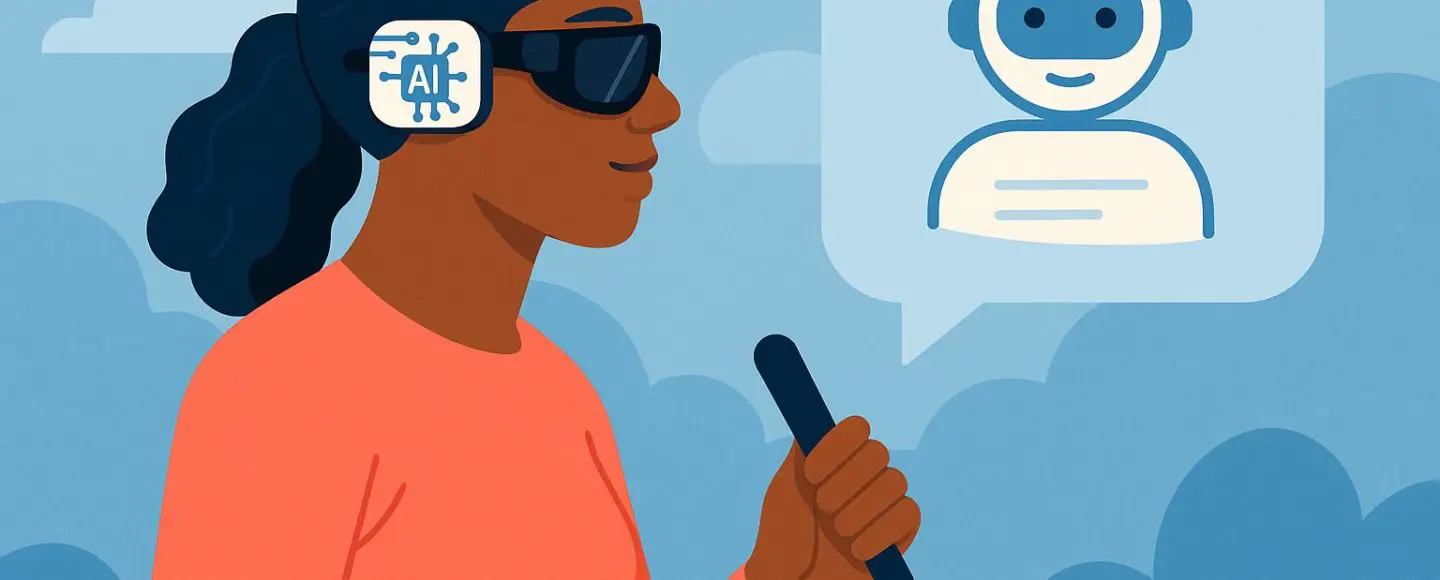
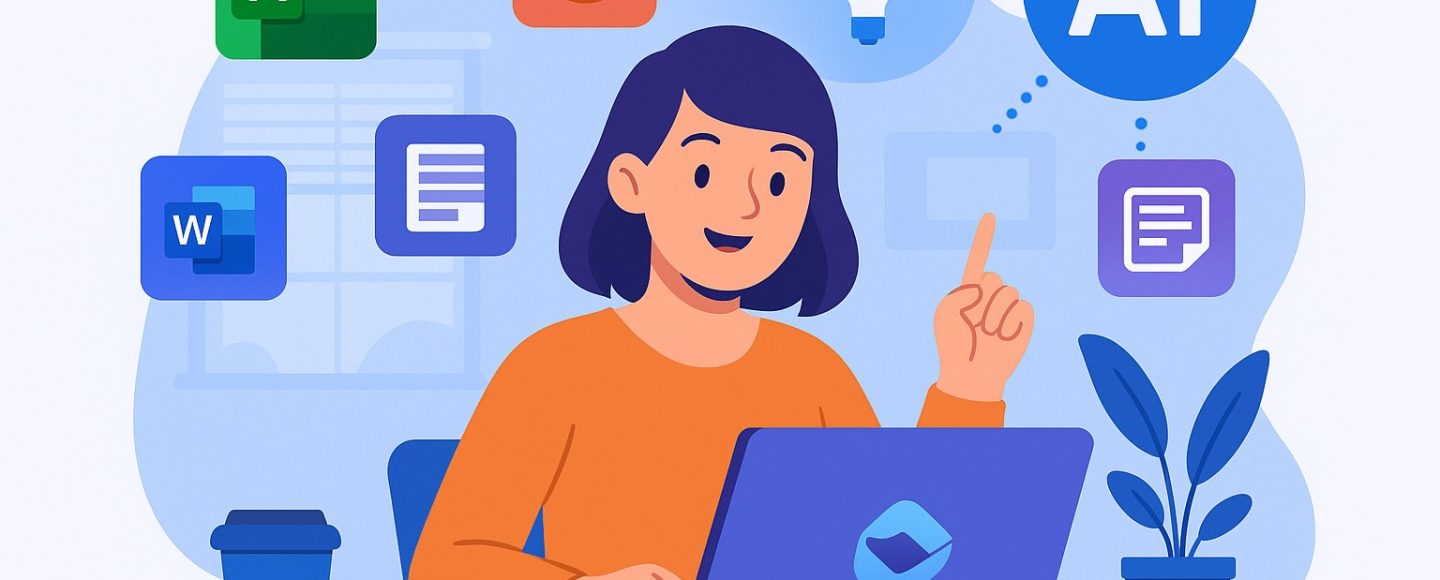

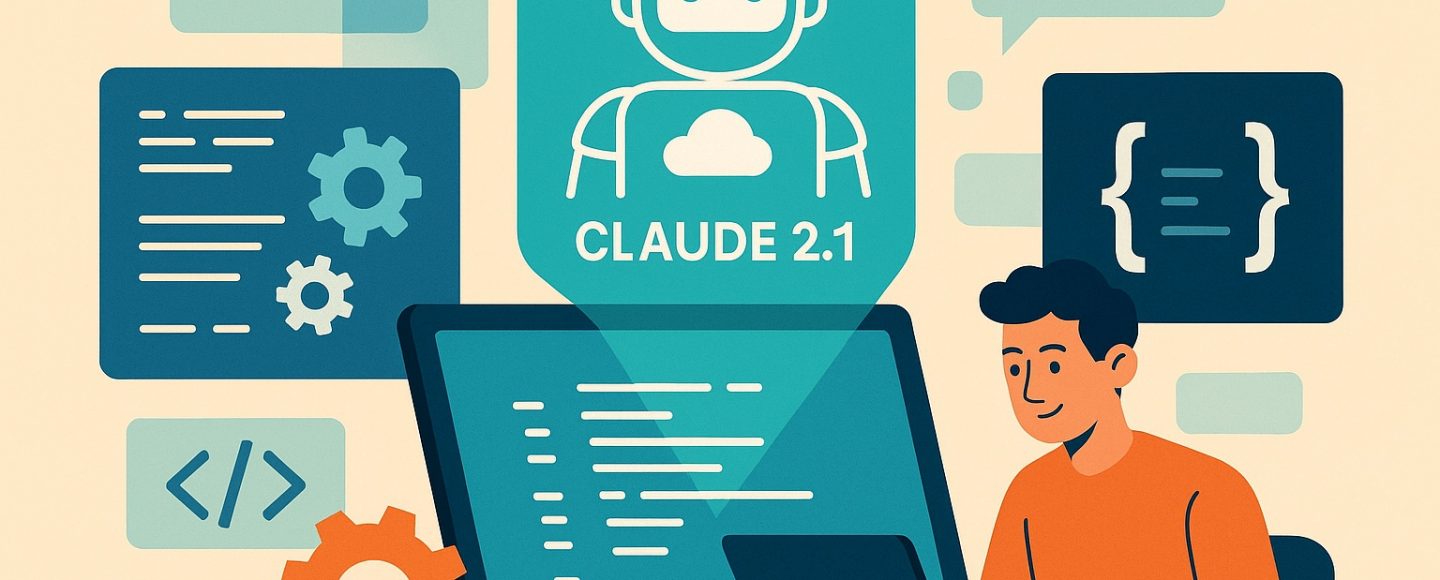






















































![[The AI Show Episode 150]: AI Answers: AI Roadmaps, Which Tools to Use, Making the Case for AI, Training, and Building GPTs](https://www.marketingaiinstitute.com/hubfs/ep%20150%20cover.png)
![[The AI Show Episode 149]: Google I/O, Claude 4, White Collar Jobs Automated in 5 Years, Jony Ive Joins OpenAI, and AI’s Impact on the Environment](https://www.marketingaiinstitute.com/hubfs/ep%20149%20cover.png)









































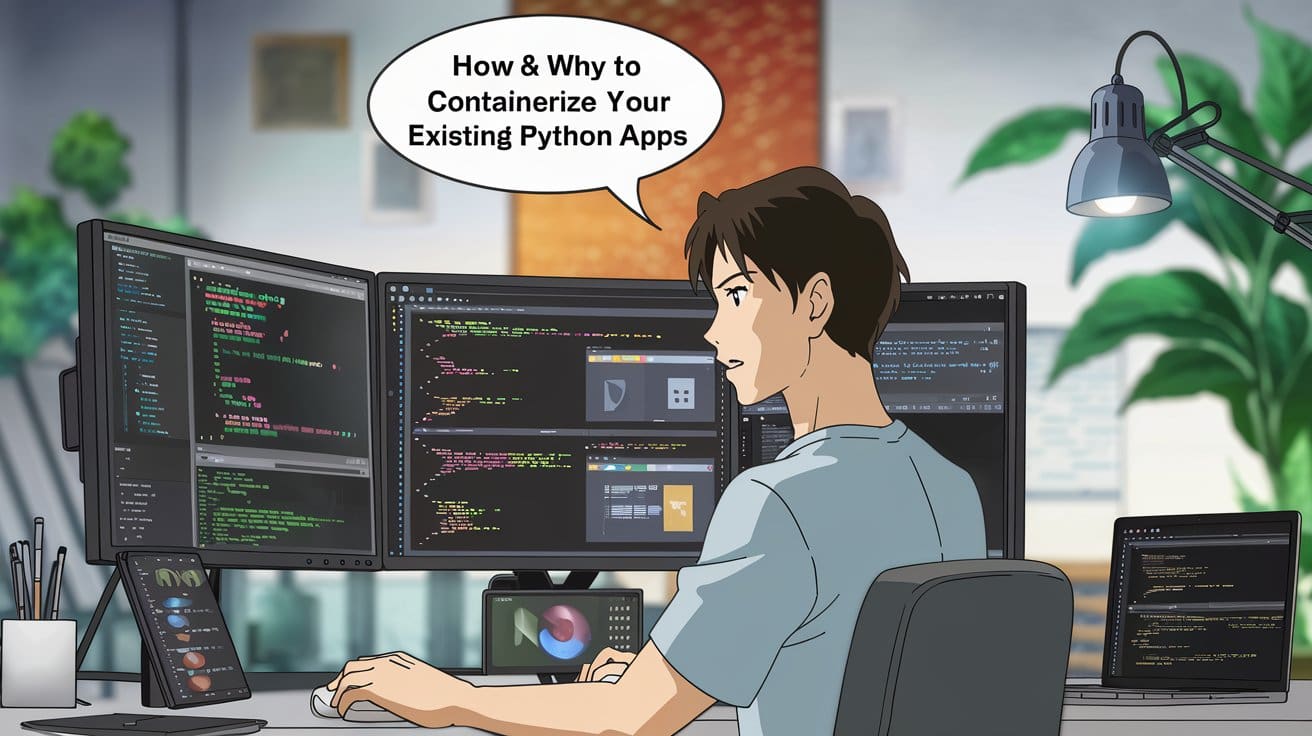



































































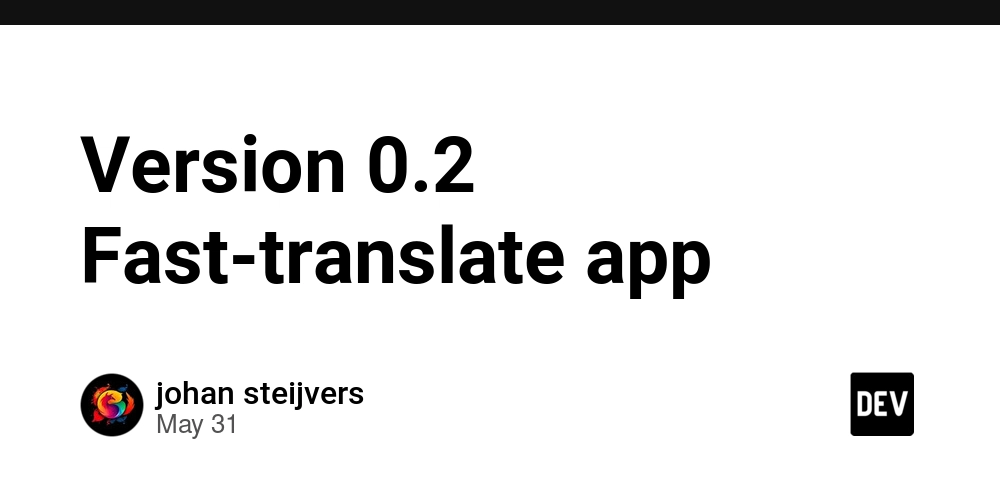












![[FREE EBOOKS] Solutions Architect’s Handbook, The Embedded Linux Security Handbook & Four More Best Selling Titles](https://www.javacodegeeks.com/wp-content/uploads/2012/12/jcg-logo.jpg)




![How to Survive in Tech When Everything's Changing w/ 21-year Veteran Dev Joe Attardi [Podcast #174]](https://cdn.hashnode.com/res/hashnode/image/upload/v1748483423794/0848ad8d-1381-474f-94ea-a196ad4723a4.png?#)


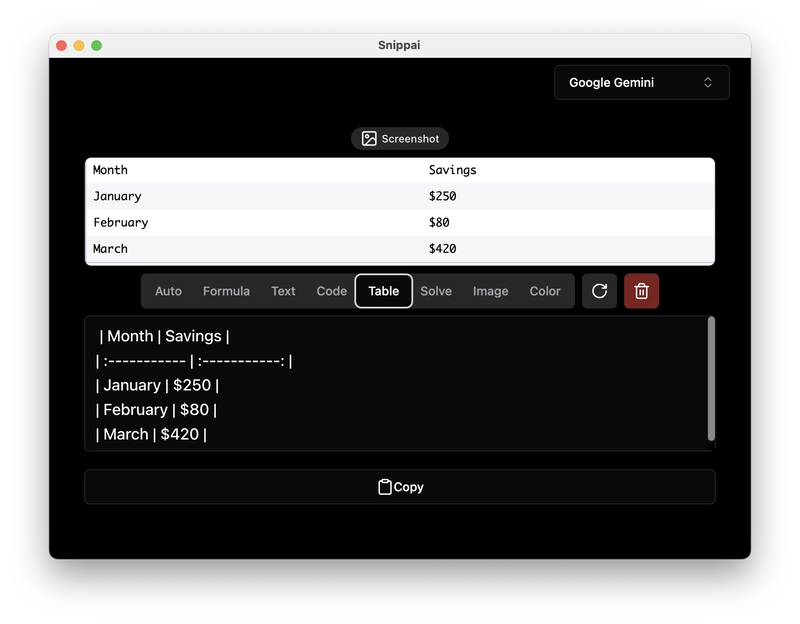


































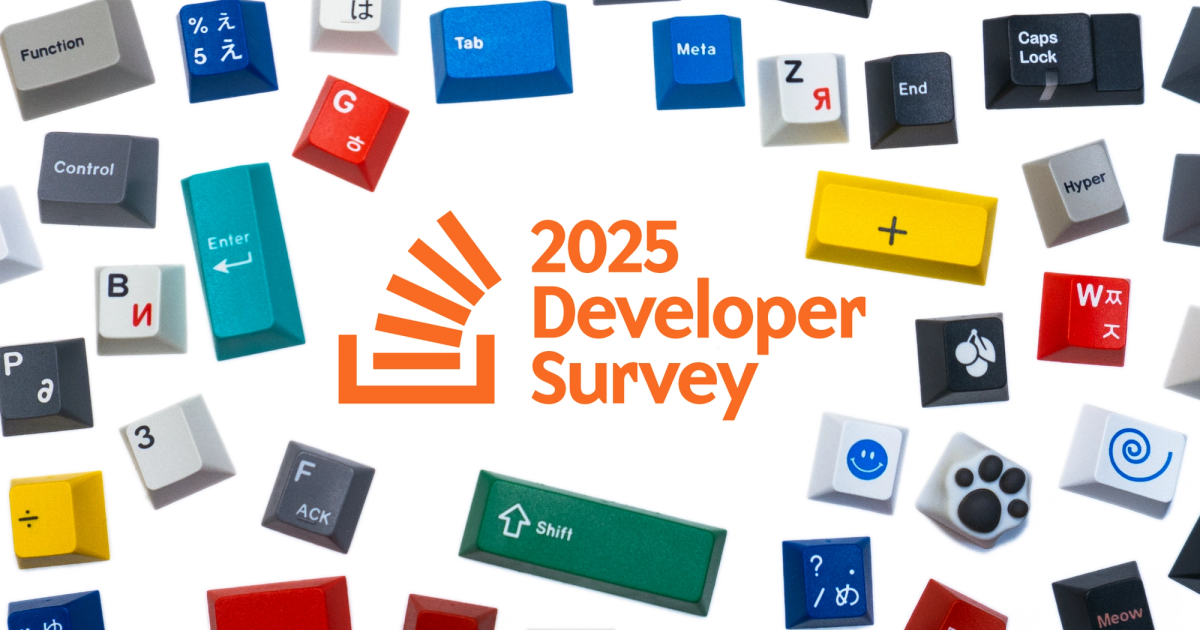


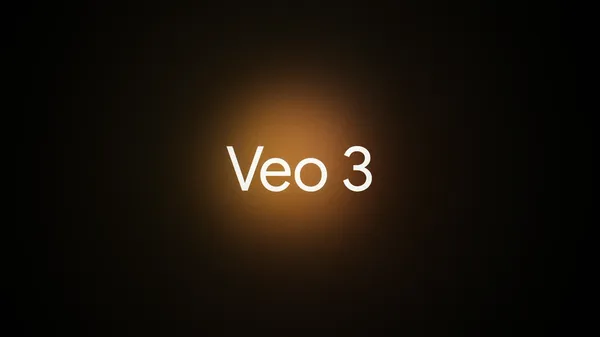
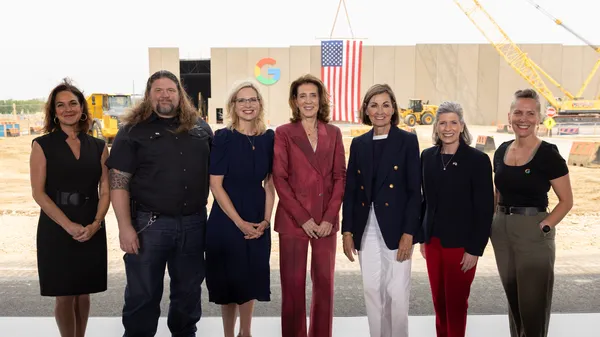

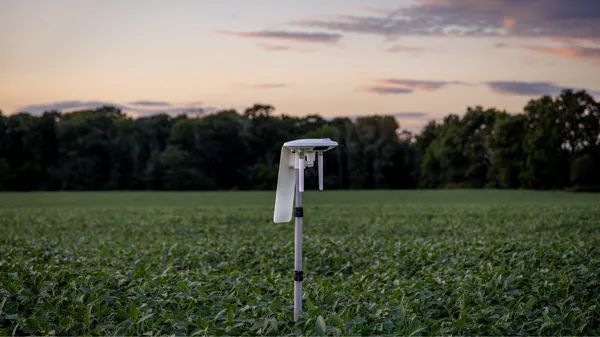
















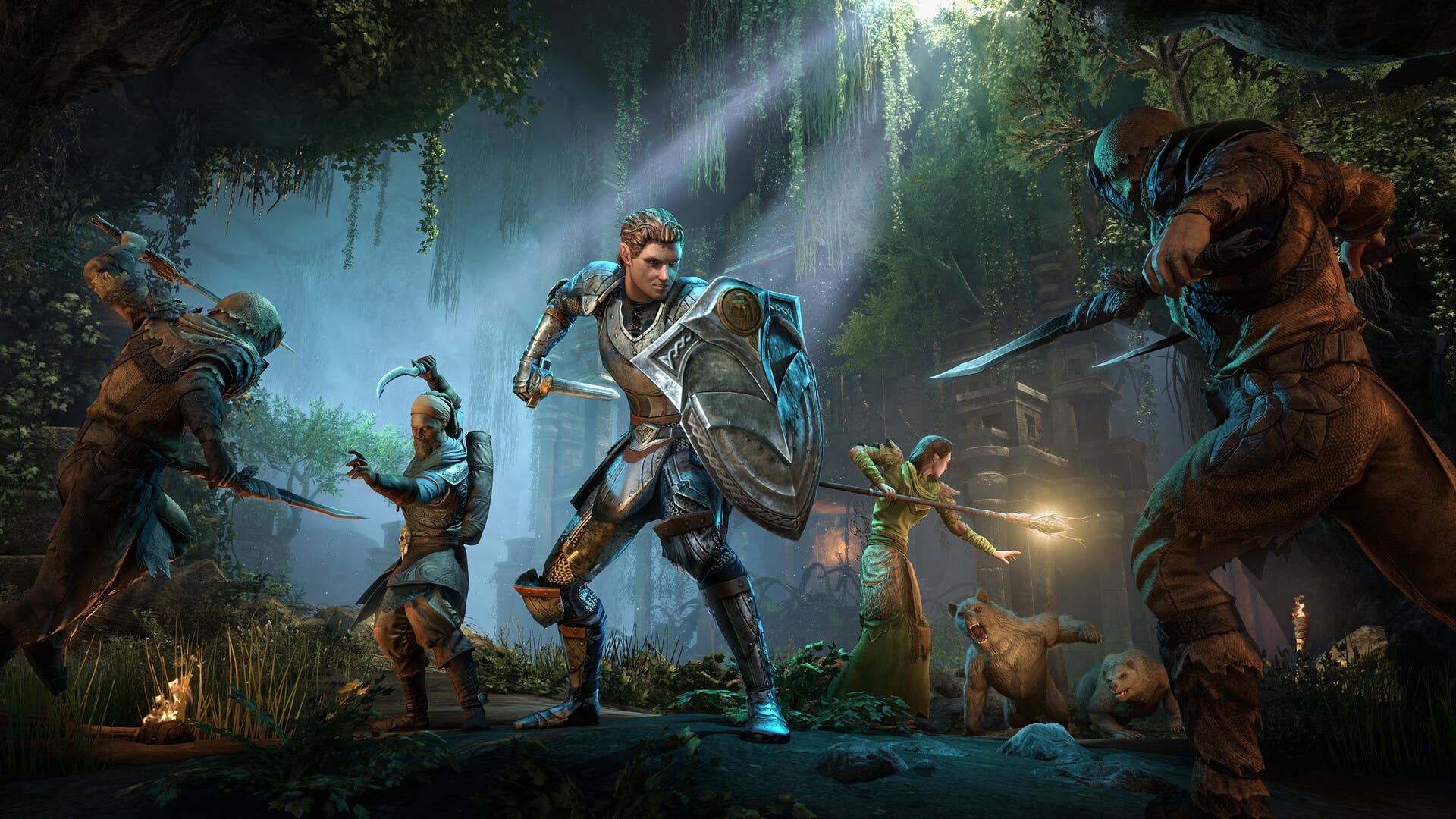
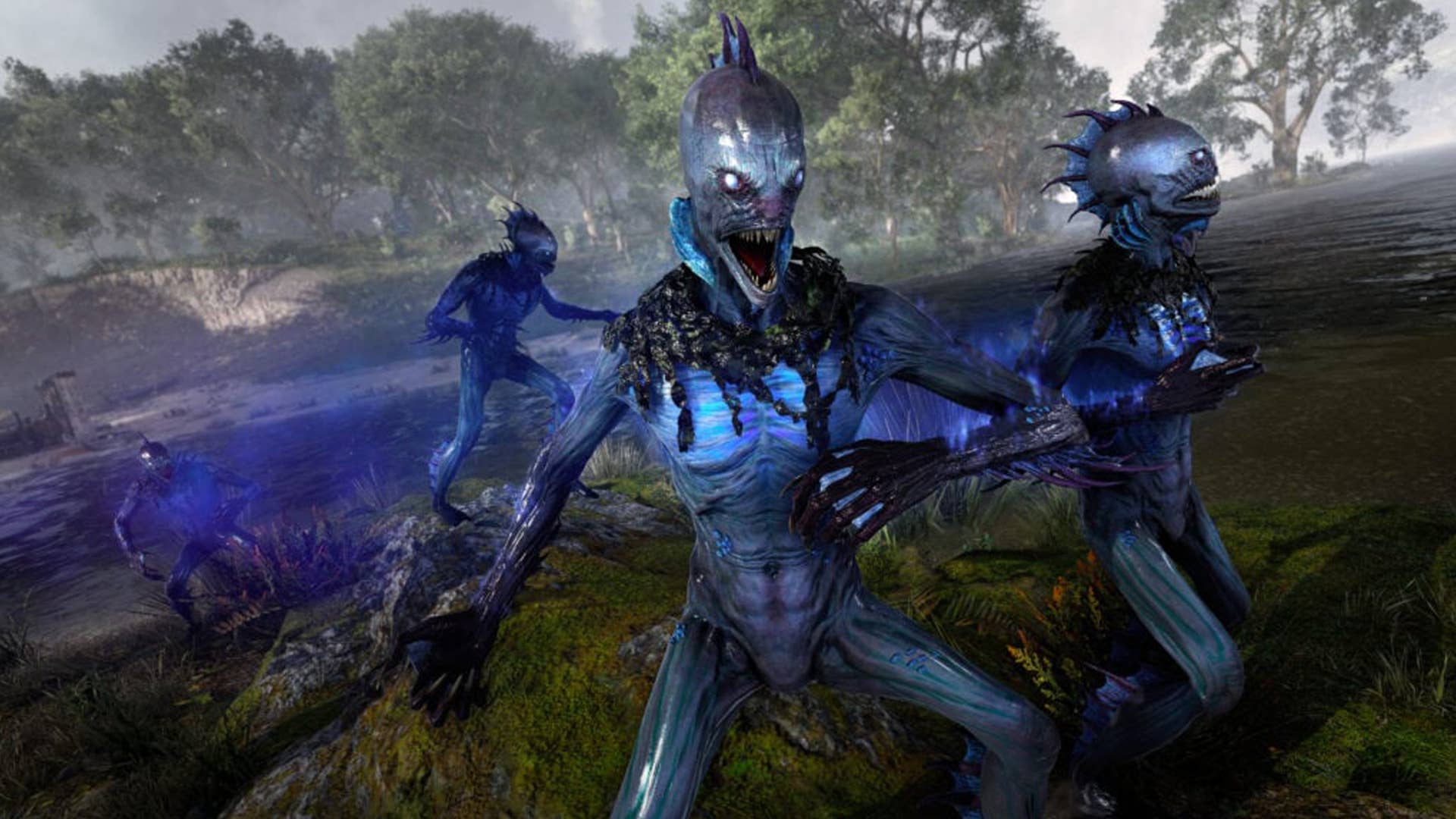



























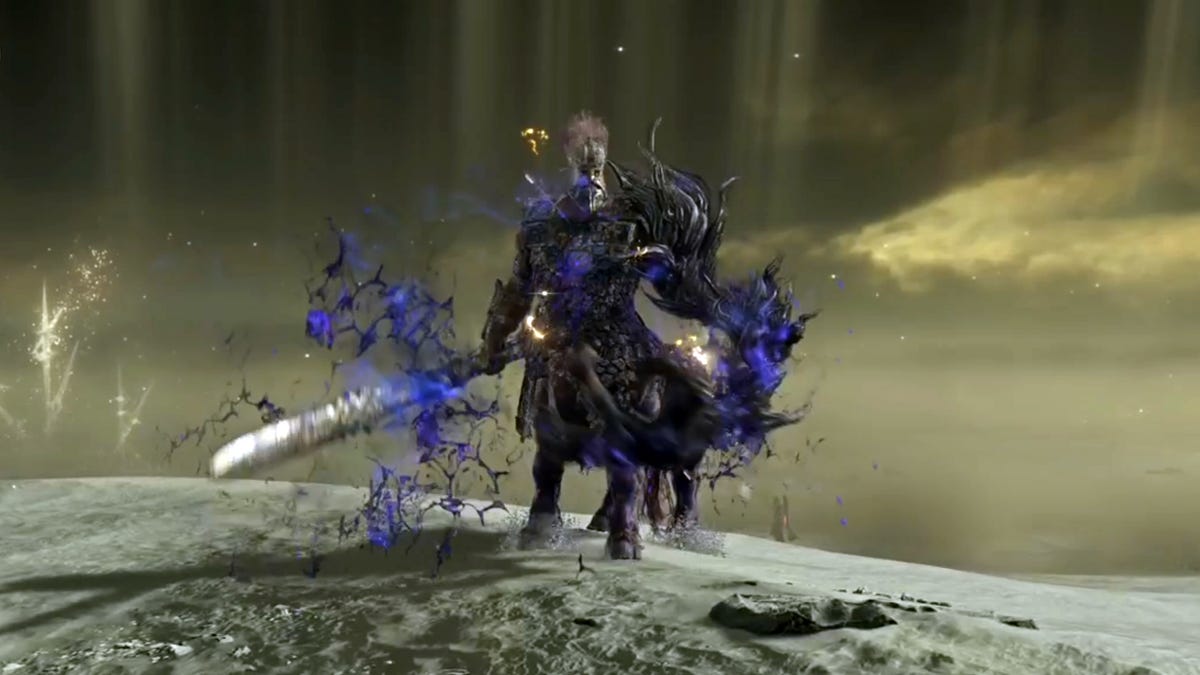


















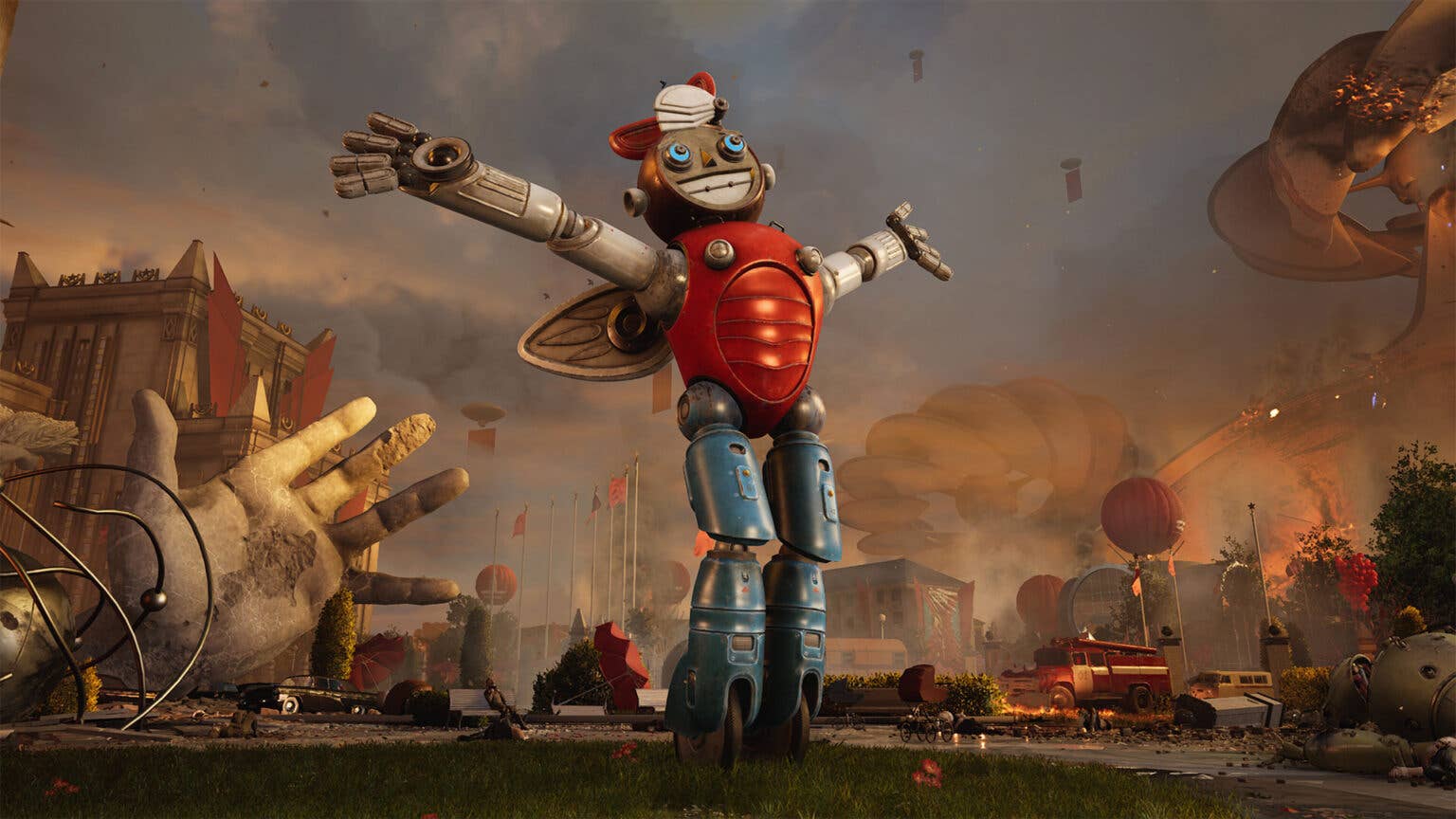
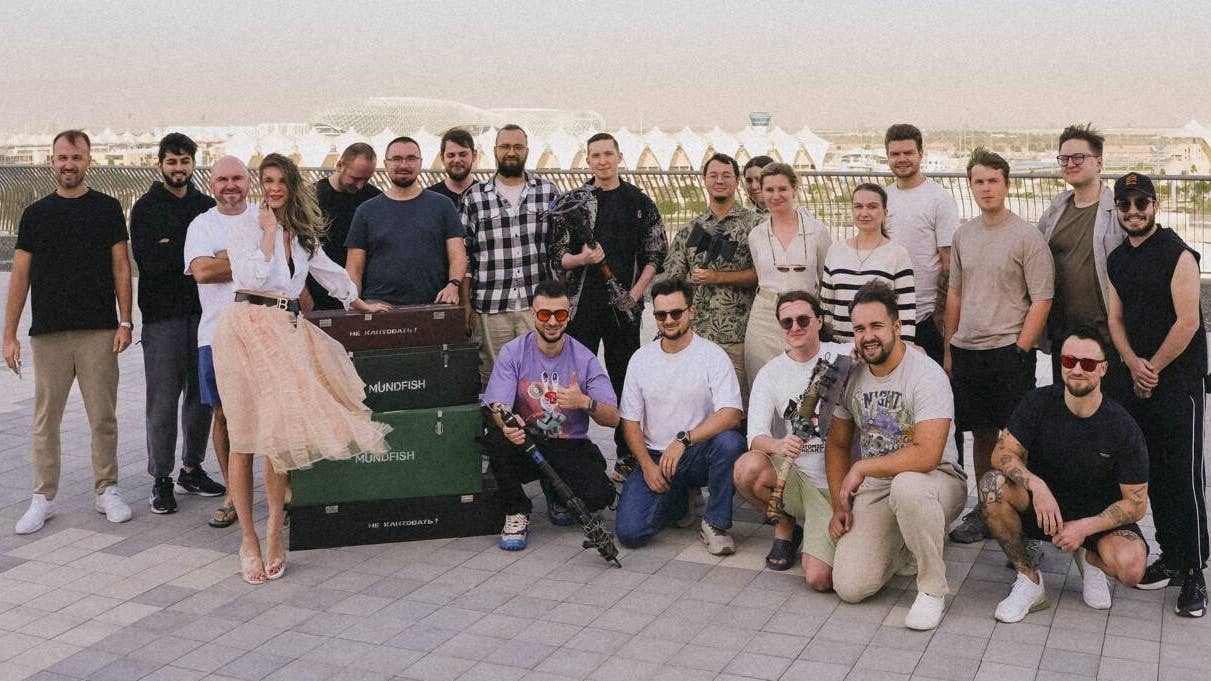
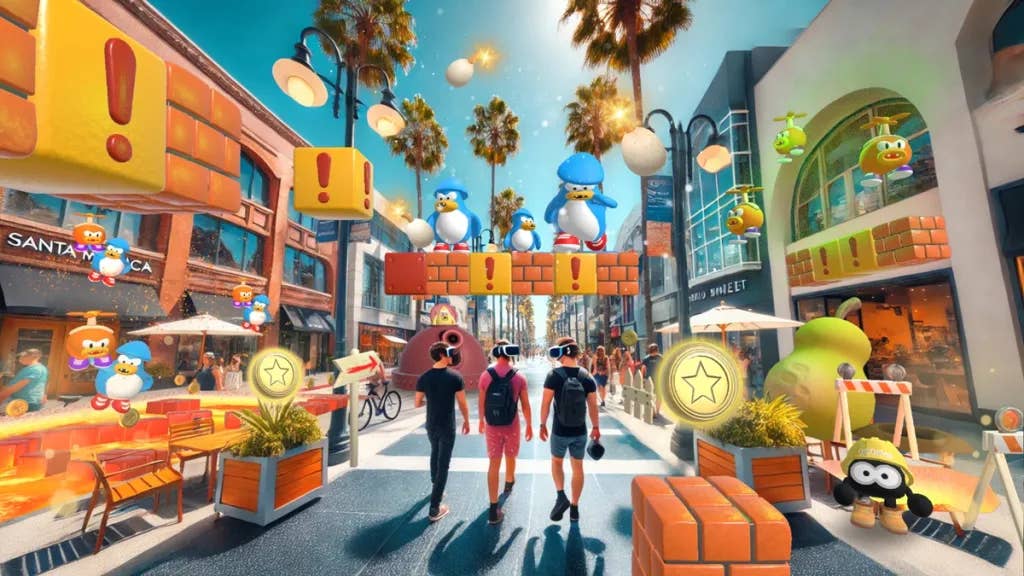
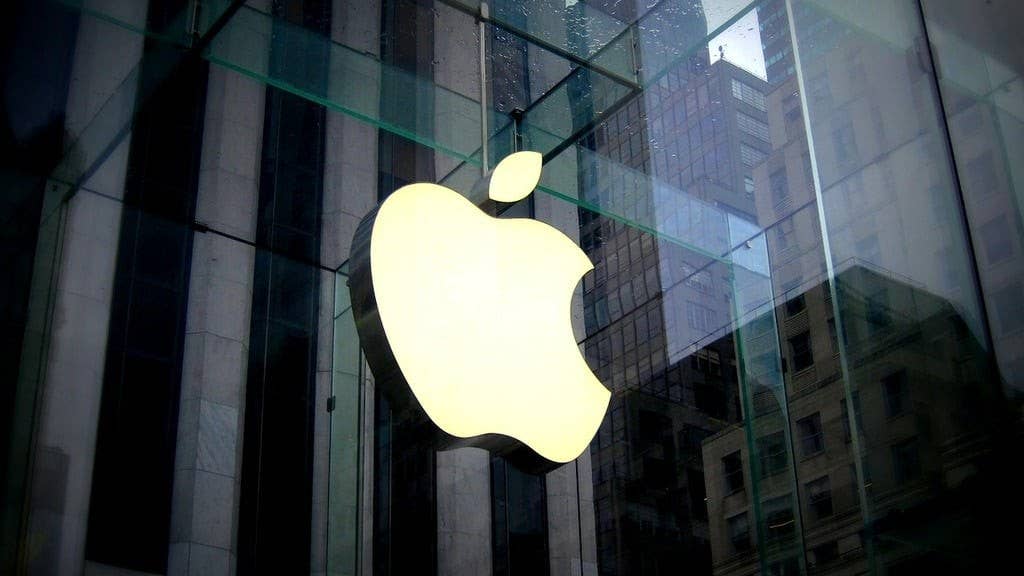























_ArtemisDiana_Alamy.jpg?width=1280&auto=webp&quality=80&disable=upscale#)


















































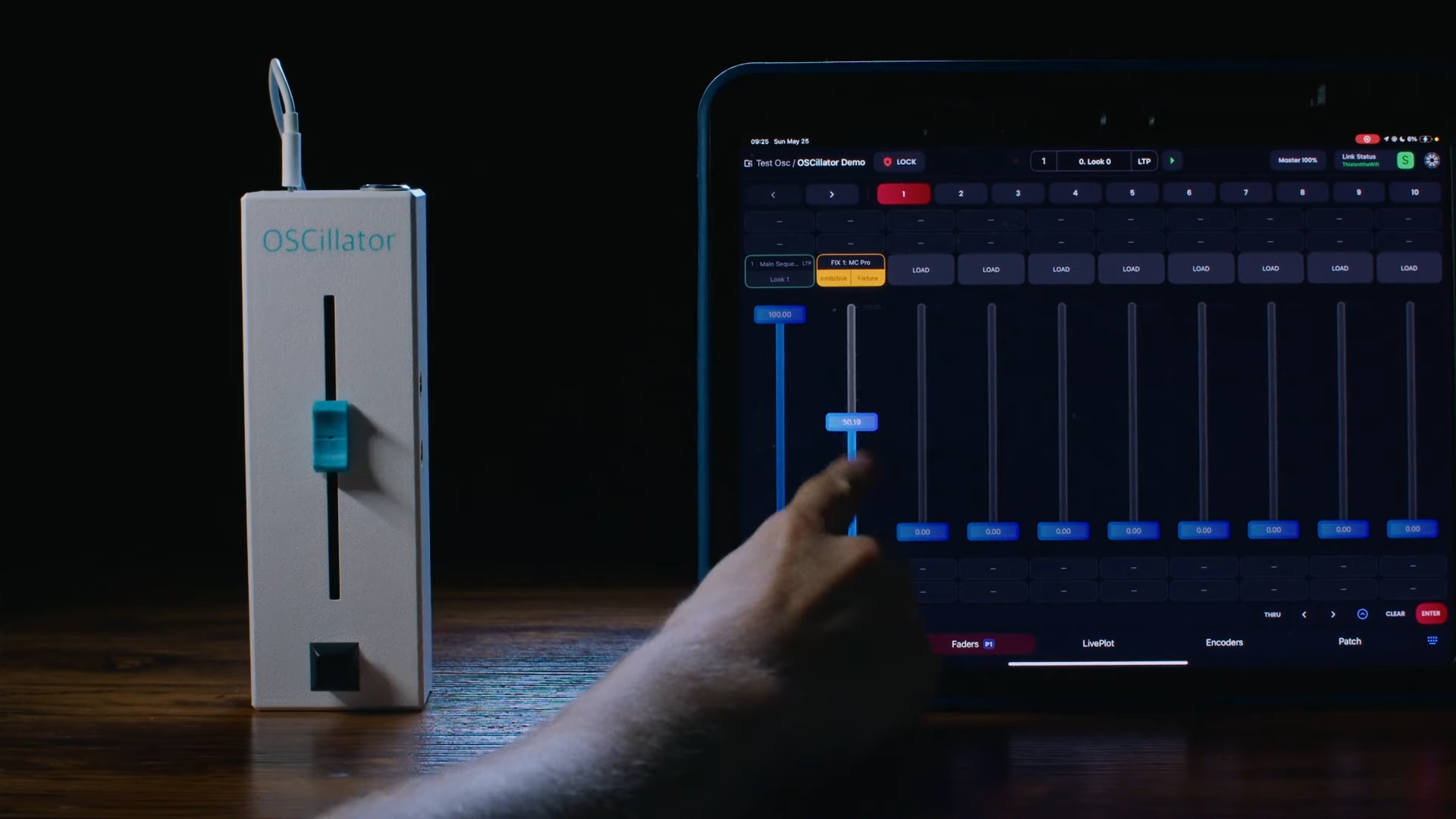


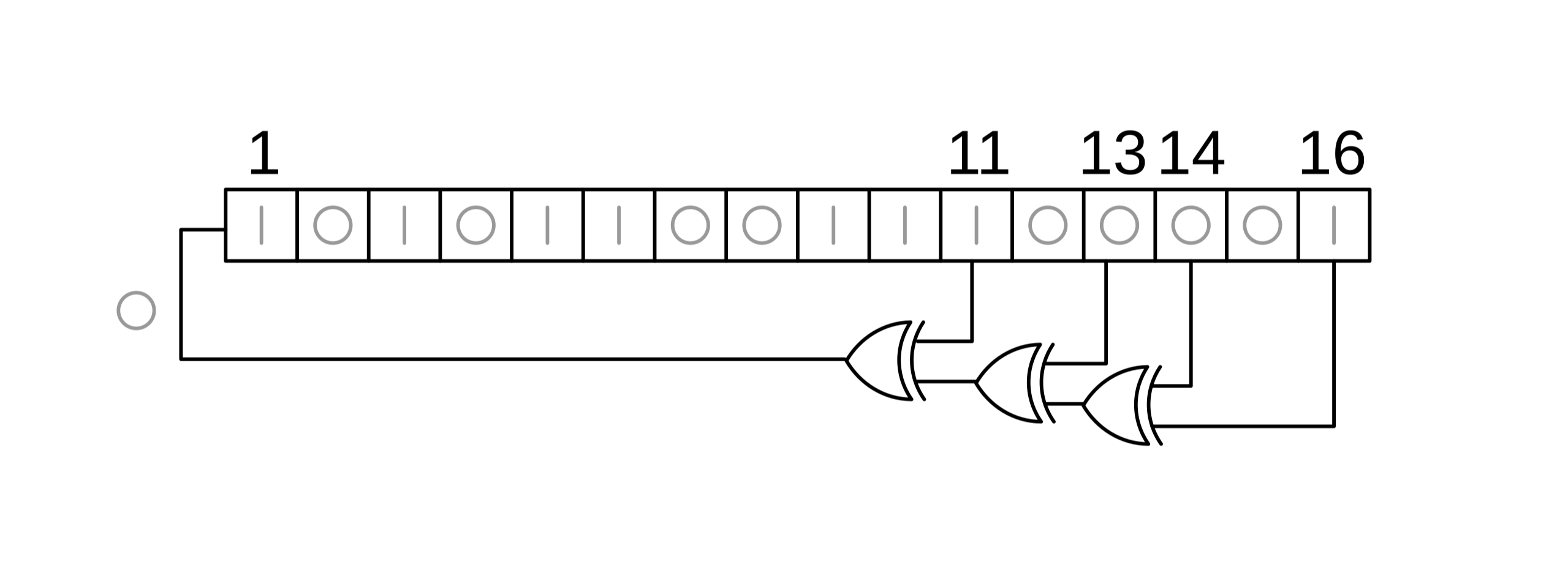


















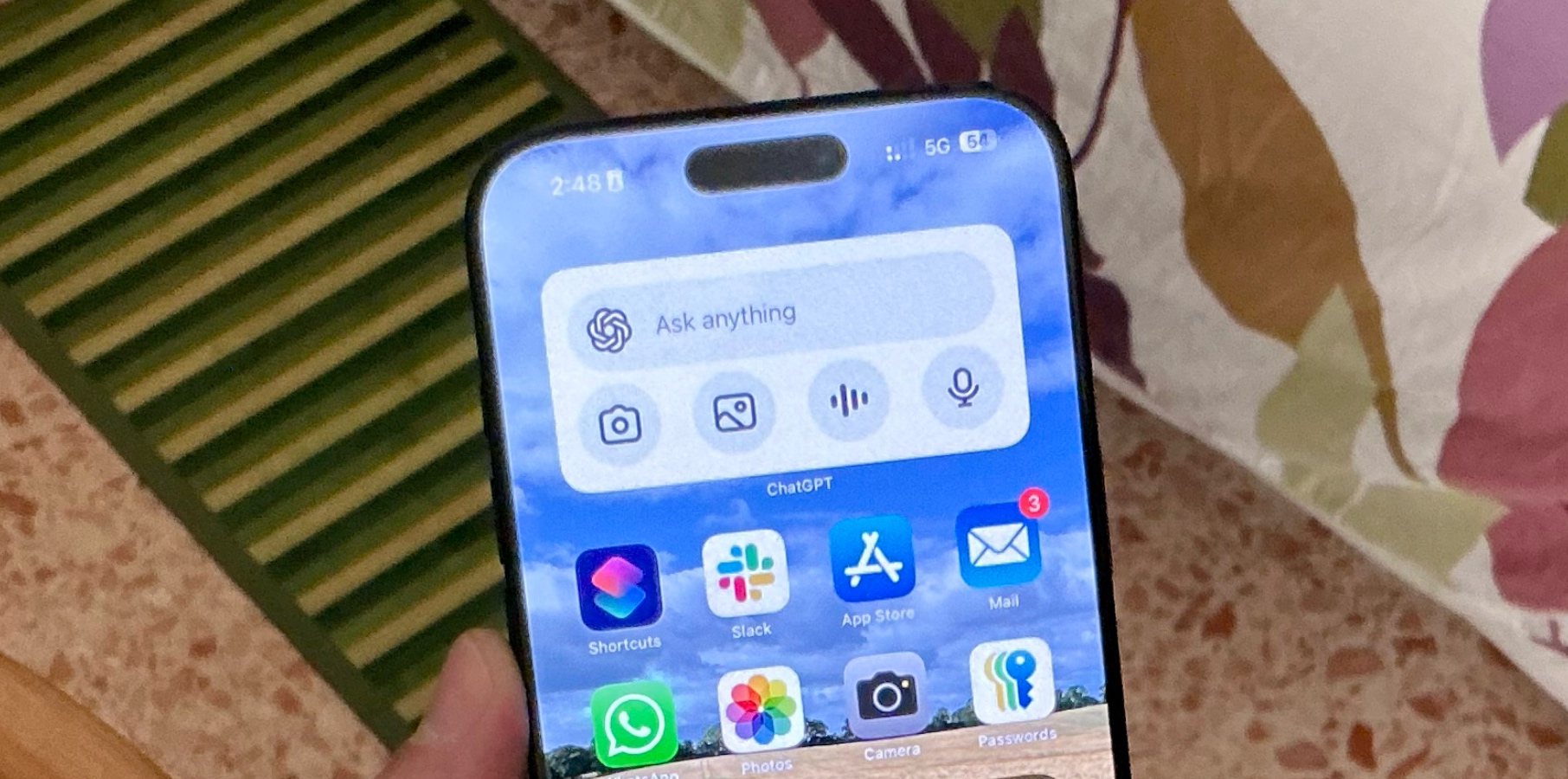


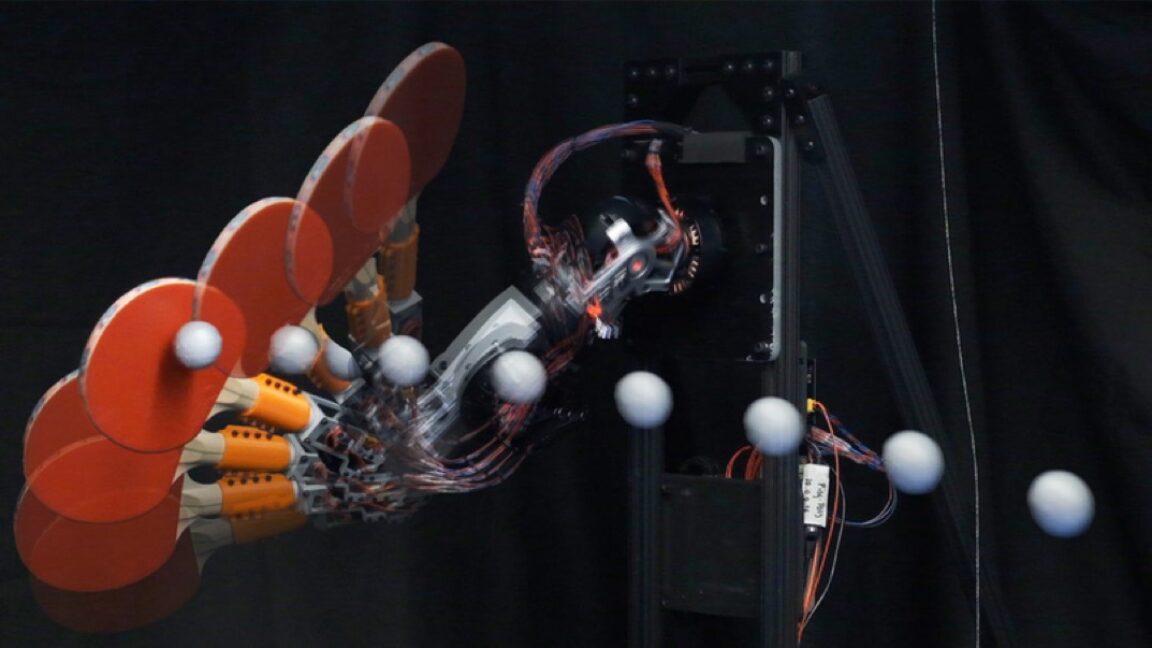






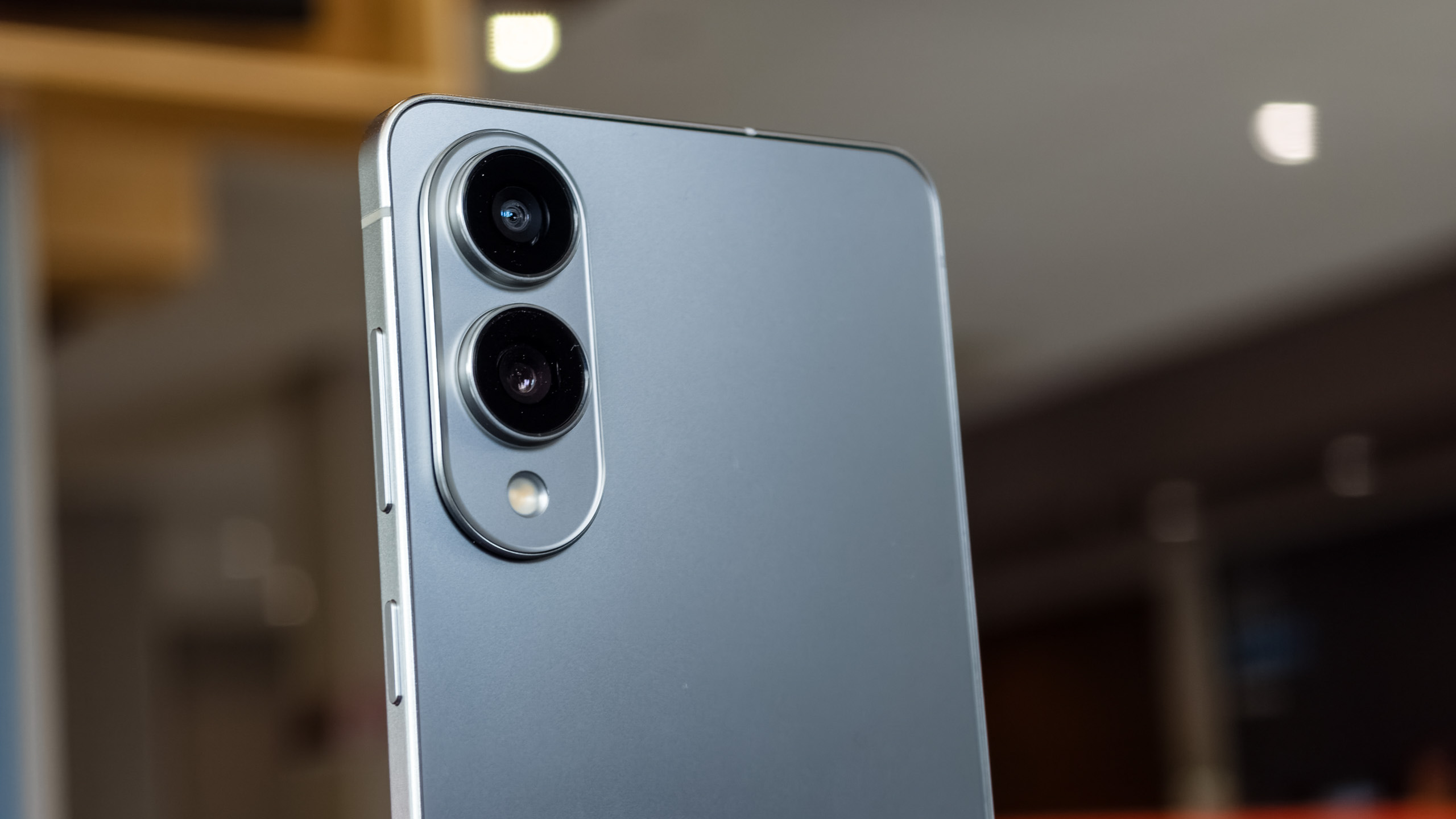

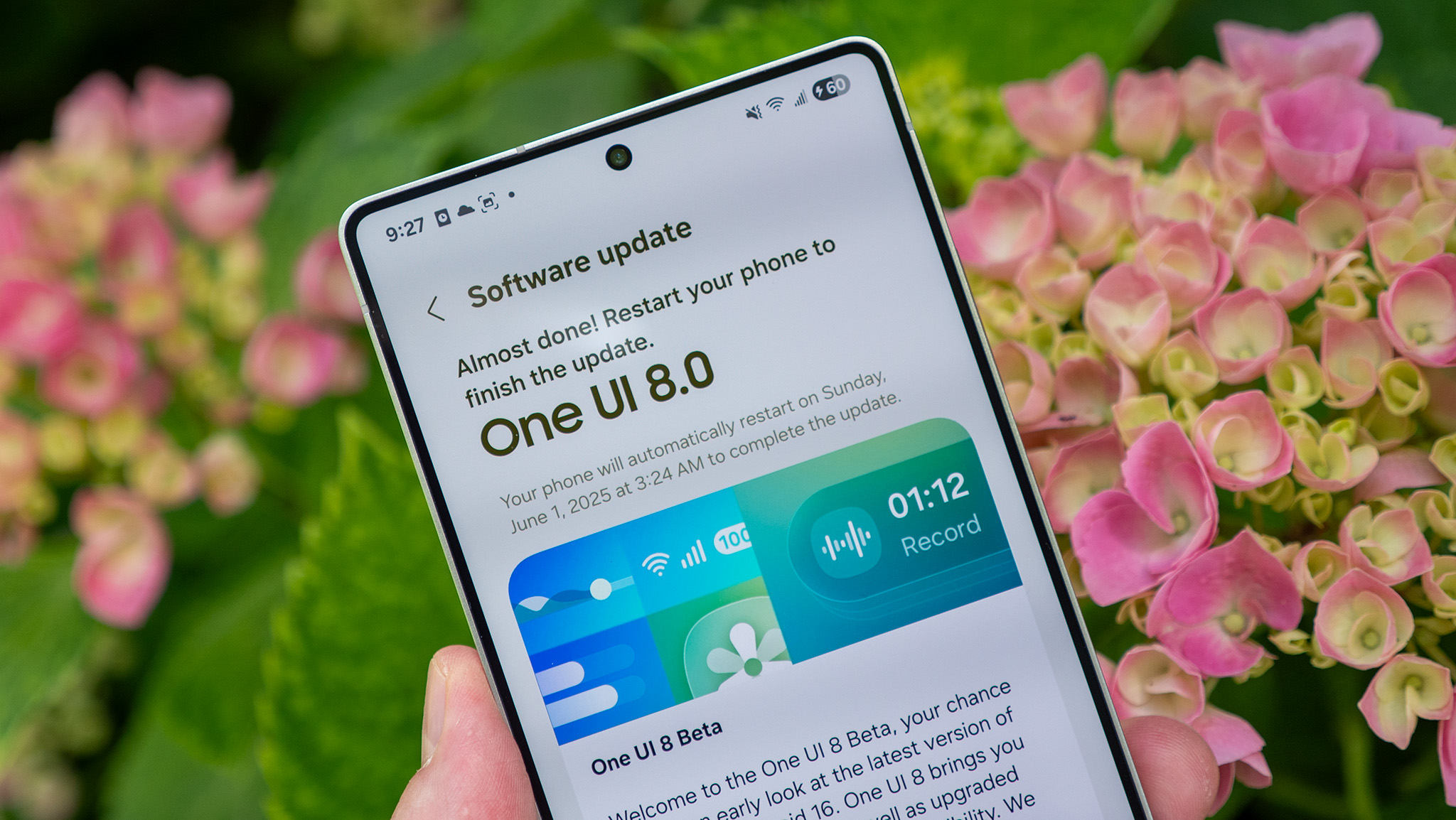

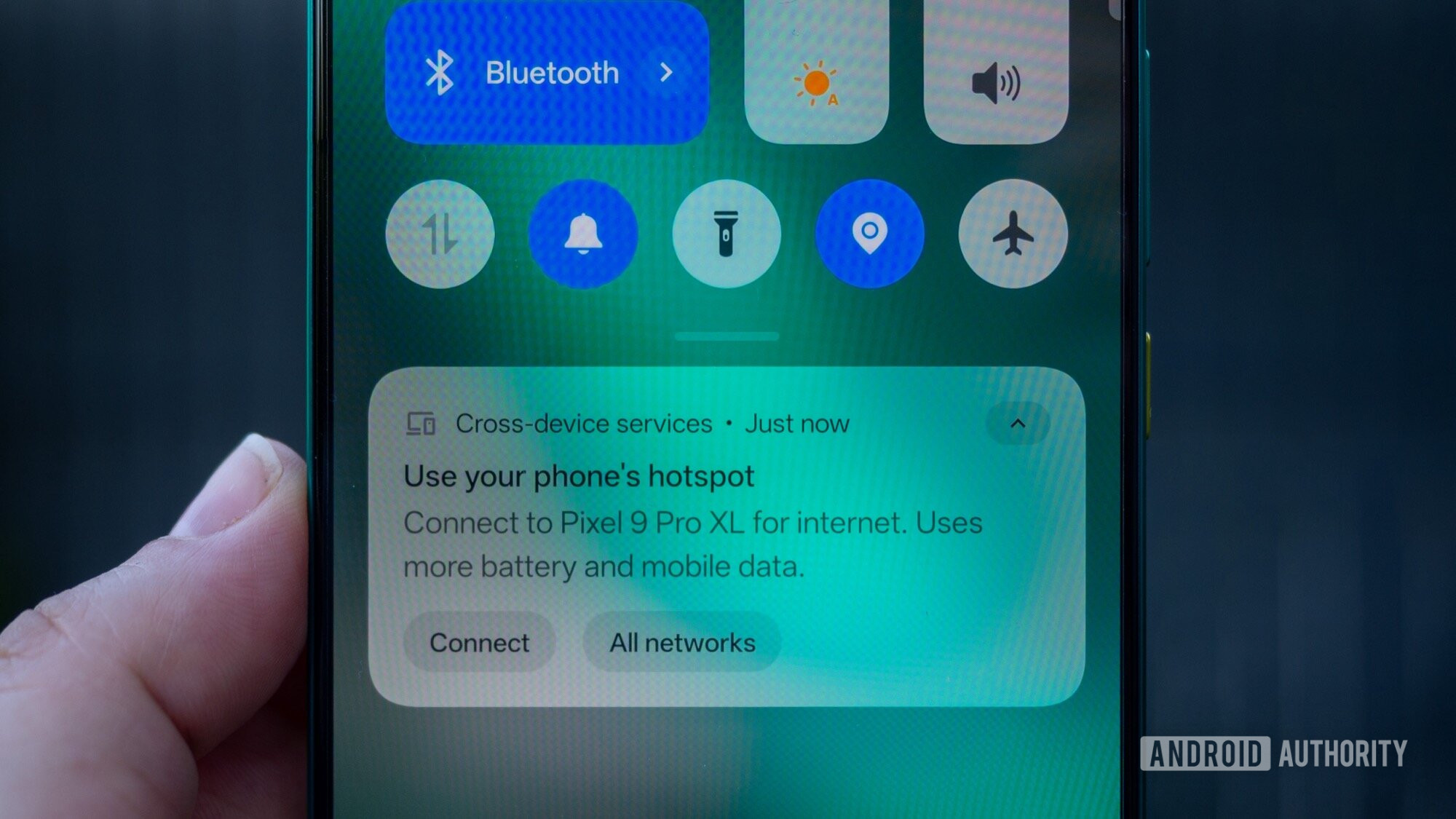
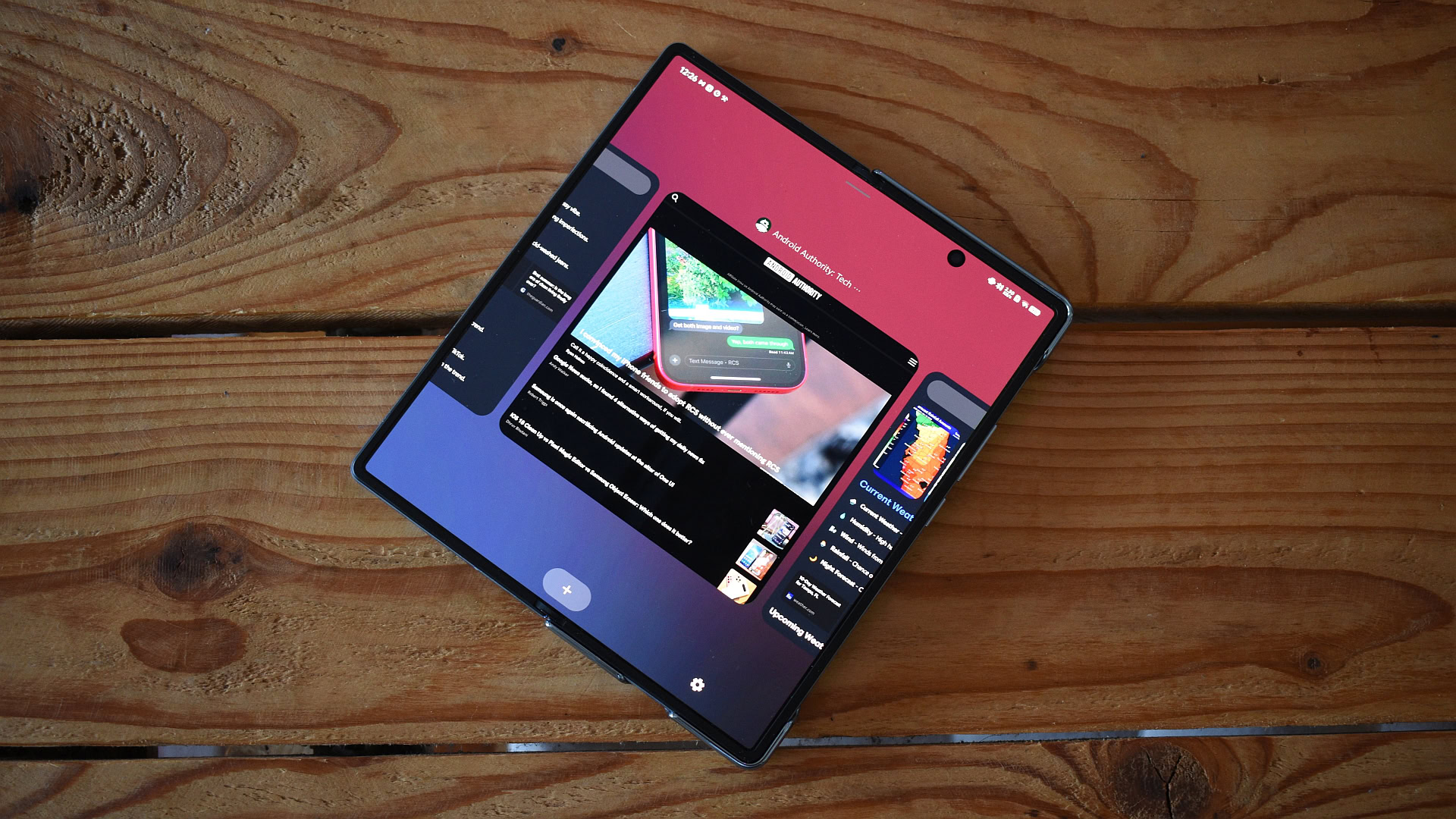
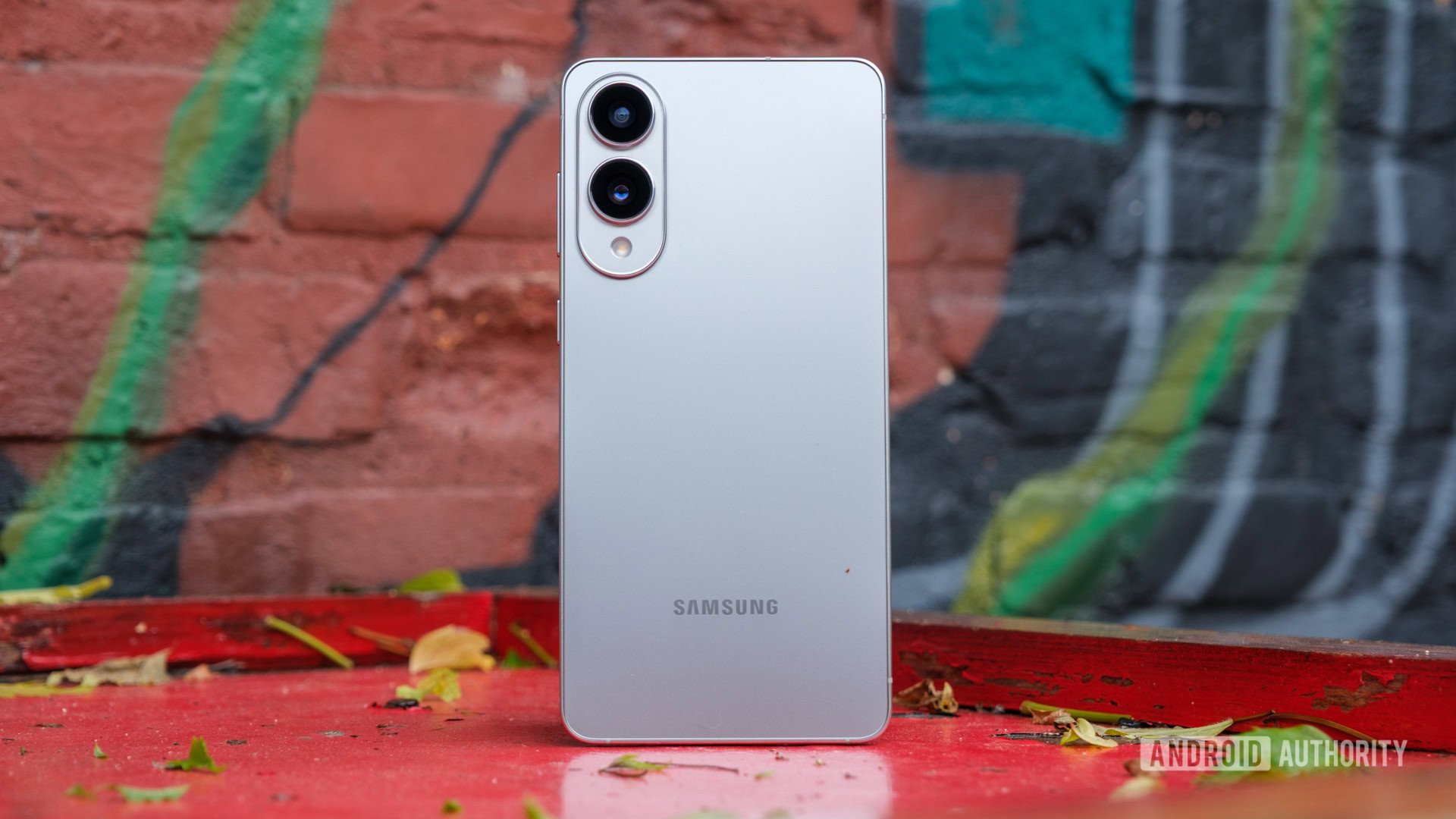


















![Sonos Father's Day Sale: Save Up to 26% on Arc Ultra, Ace, Move 2, and More [Deal]](https://www.iclarified.com/images/news/97469/97469/97469-640.jpg)


![Apple 15-inch M4 MacBook Air On Sale for $1023.86 [Lowest Price Ever]](https://www.iclarified.com/images/news/97468/97468/97468-640.jpg)

















